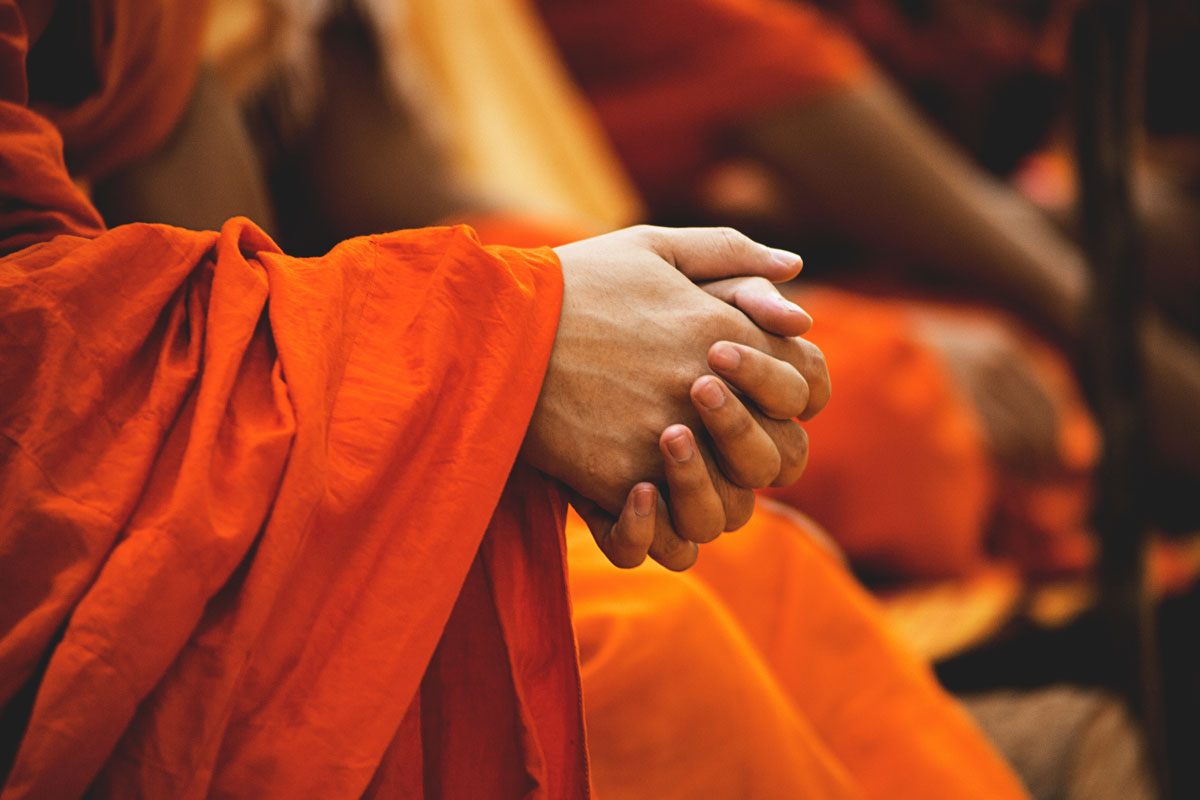
Why I’m arguing with Aristotle
As much as I have great respect for philosophers such as Aristotle (his virtue ethics form a significant part of my PhD) I must disagree with him on this point. I’ll explain why in a minute. To view suffering as being deserved is pervasive in western society. Our habitual patterns of aversion and self-blame combined with low self-worth, reinforced by western notions of achieving perfection, convince many people that suffering is their own fault and a sign of personal failure or inadequacy. Such patterns then reinforce self-judgment and shame and inhibit the emergence of compassion for both themselves and for others.

Putting ourselves in the picture
Cultivating self-compassion
Self-compassion involves learning to attend to, approach, investigate and unpack our negative core belief systems that have been absorbed from others (such as distorted religious views) or learnt through our personal experiences of failure and rejection. Such harshness and judgment of ourselves only serves to continually reinforce feelings of inadequacy, helplessness and anxiety.
This in turn undermines our natural capacity for acceptance, generosity and compassion.
A radical transformation in how we see ourvselves – and others
Self-compassion permits us the same compassion that would be extended to anybody else who was suffering. Gradually, with effort, emotional affliction (a shared experience of all of humanity) can be embraced with kindness and generosity, forgiveness and acceptance.
This profound shift in the relationship with one’s own suffering begins in turn to alter the view of inadequacy and failure that underlies the seemingly endless stream of aversive thoughts that constitutes the basis of our depressive musings. Compassion is not simply a pleasant emotion. It is a radical transformation of our view of suffering and of our view of ‘Self’ and the fundamental way in which we view Others.

Everyone suffers
Thus, to understand suffering, is to understand that it is part of the human condition, what it means to be human, and is, therefore, a shared experience. This distinction is important. Compassion must necessarily extend to the understanding that everyone suffers.
Do we deserve our suffering?
Deservedness implies judgment, righteousness, and condemnation and arises from the ego. In philosophy there is a word for this, known as schadenfreude. Schadenfreude is the experience of pleasure, joy, or self-satisfaction that comes from learning of or witnessing the troubles, failures, or humiliation of another. As ugly as it sounds, we all suffer from it.
Because it is derived from our ego, it seeks to separate ourselves from others, elevating us to a position of moral superiority, whilst seeing others as inferior. Whereas the compassionate aspect of our mind sees ourselves and the other as one. In other words, deservedness, or schadenfreude, is harmful and destructive, is the cause of much of the world’s suffering, and in my view, is never justified.
Aristotle’s three things
He argued that, depending upon where one stood in these three circumstances, determined the extent to which blame could be attributed, and to that end, as to whether the blame was proportional to the fault that has been created. Where that blame was out of proportion, the sufferer was seen as undeserving of suffering and thus worthy of compassion.
Conversely, when blame was seen as in proportion, the sufferer was considered not worthy of compassion. The judgement of proportion though, ultimately rested with the compassionate individual, not the sufferer. If Schadenfreude was present in the mind of the compassionate individual, then compassion was absent and suffering would continue to perpetuate and pervade.
Where I agree with Aristotle, is that, with the exception of involuntary choice, we contribute to the causes of our suffering. Those causes arise from our ignorance, an absence of our will and reason (Emmanuel Kant said similar things) and our non-virtuous choices. And in this context, we become the Authors of our stories and the Architects of our lives.
That is to say, we often contribute to the causes of our suffering by the way we react and interact with the world. And the way we do that, is by what we do or don’t, say, think or do, underpinned by the extent to which we operate through our egos as well as our anger, attachments, and our ignorance.
Thoughts, words and actions
However, if our thoughts, words and actions are shaped by a rebalancing of Self with Other and our shared experiences of suffering, if our mind is more patient and considered, if it is open to possibilities that may or may not accord with our views (but still speak to our moral conscience), then we begin moving towards our happiness.

Rosie’s story
Take the story of Rosie Batty as an example. Most people (at least Australians) would remember that Rosie suffered the agonising loss of her only son at the hands of her former partner. On so many levels society let Rosie down and many would argue that life let her down, giving her every excuse to be angry, bitter, righteous and outraged. But that’s not how Rosie chose to see it. I had the great pleasure of meeting Rosie on the night of the Australia Day Awards in 2015 after she received the Australian of the Year Award. I also had the great honour of sharing a meal with her on several occasions in the months following her Award.
Rosie shared with me many insights about her life, some of which you can now read about in her book ‘A Mothers Story’. In short, her life was a life full of suffering, from losing her mother at the age of four, never being able to say goodbye to her nor express grief at her loss, through to constant domestic violence and abuse throughout most of her adult life. But perhaps the best way to capture Rosie’s strength of character and determination to take what some would describe as the greatest possible suffering, to lose a child through the violence of a family member and turn it into a significant cause for the benefit of others, is to quote from her book. In it she said this:
“I wonder when I am going to stop constantly thinking about Luke. Because even when I am not thinking about him, I am thinking about him….We are all on a journey, and we all have things to learn. None of us knows what is around the corner, and it’s what you learn from the experiences that life deals you that defines that journey. In my case, that’s whether you gain wisdom and insight or whether you stay bitter and angry.”
